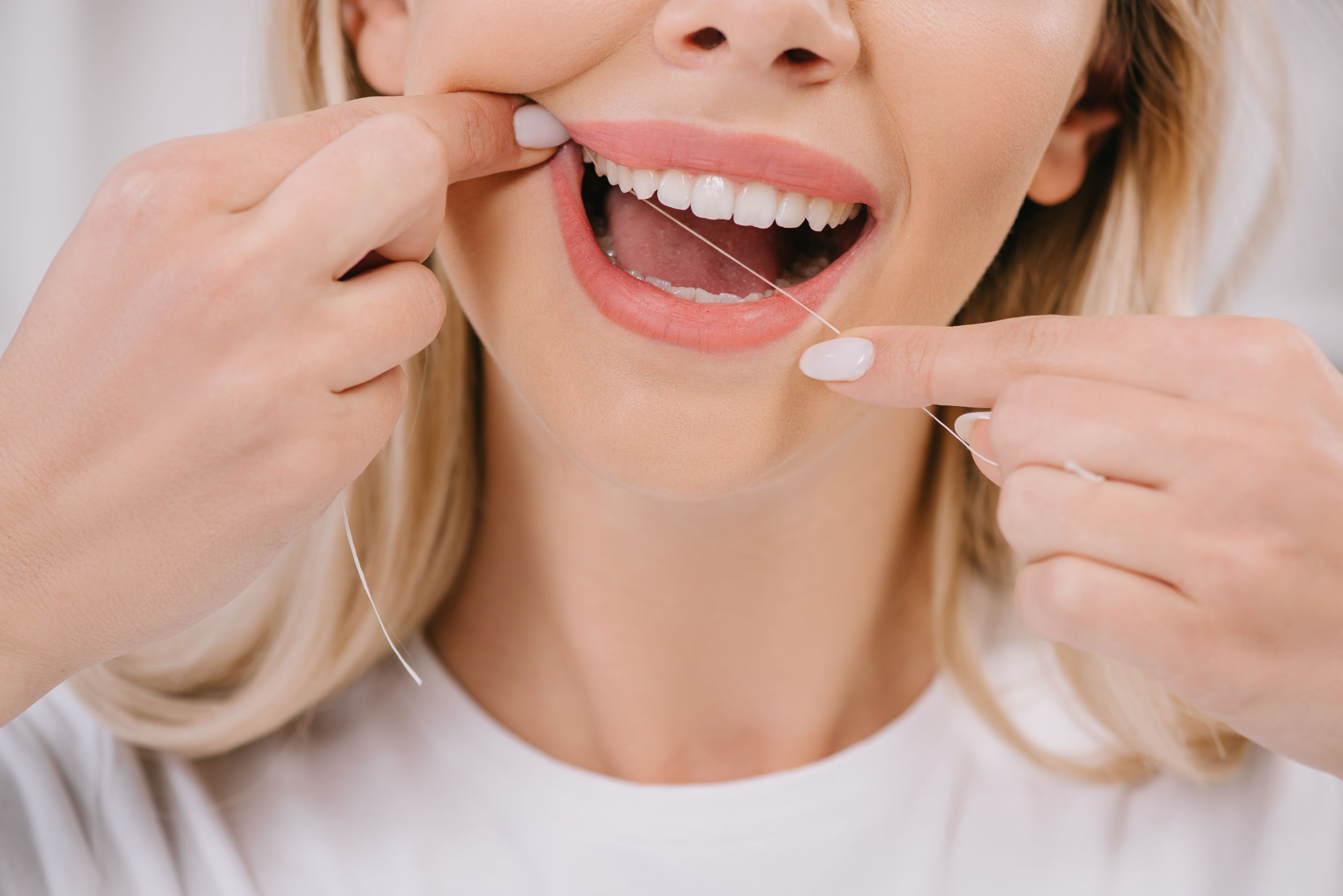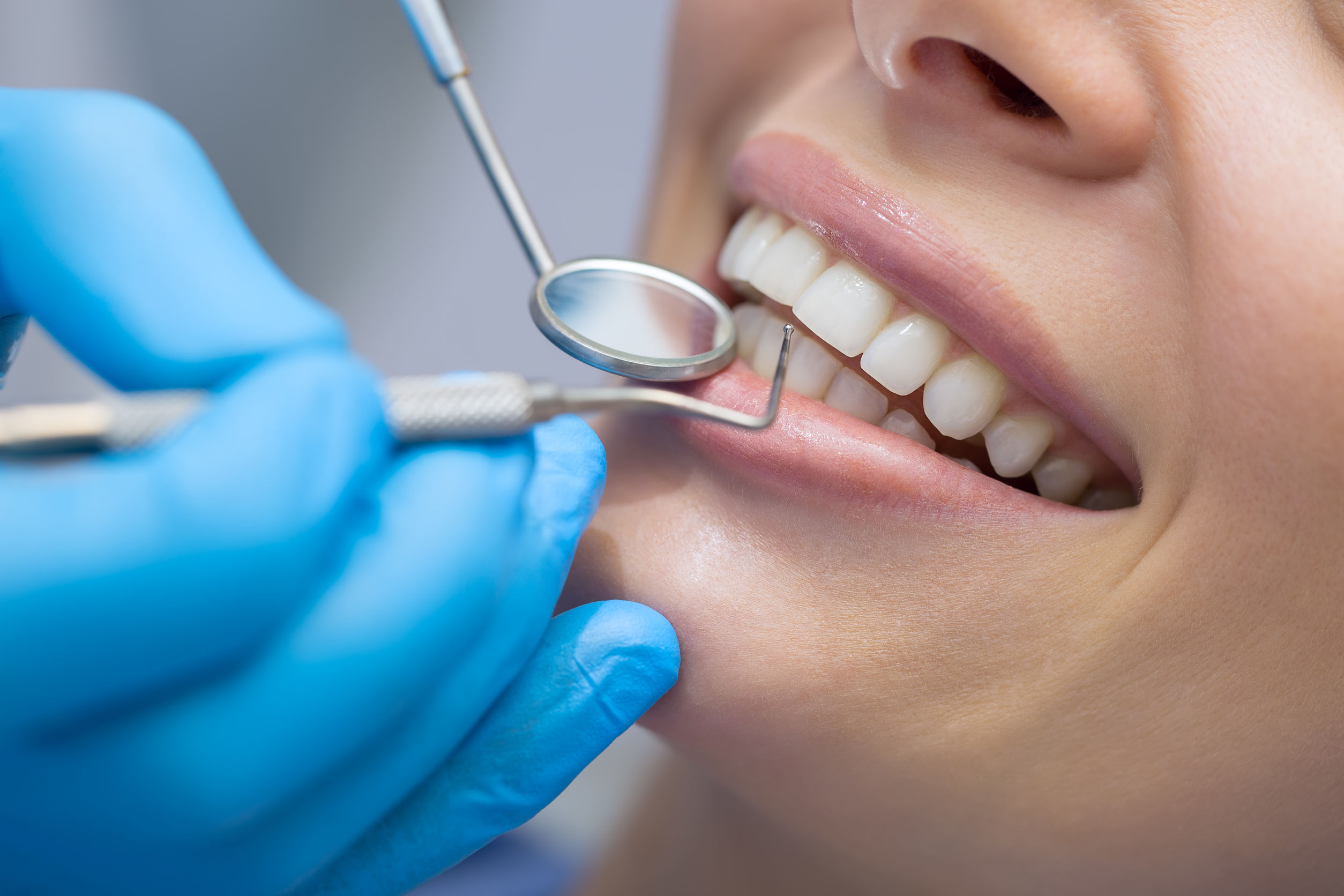
Dental care and hygiene for adults and children
Dental hygienist
The dental hygienist will scrape, polish and fluoride your teeth and screen for dental problems if necessary (x-rays). It also customizes the instructions for a good brushing technique at home, as well as the means of interdental cleaning. The hygienist thus contributes for your well-being to the prevention of periodontal and carious diseases.
Why is she important to your health?
Dental Hygiene
Oral hygiene is a set of practices to remove the plaque that permanently forms on the surface of the teeth.
The removal of dental plaque prevents periodontal disease. Indeed, bacteria are responsible for gum irritation: gingivitis. Gums become red, swollen or ulcerated. They bleed profusely at the slightest mechanical stress via a toothbrush, brushes or dental floss. Caused by bacteria under the gums, this situation may degenerate into periodontitis, leading to the appearance of tooth mobility due to bone loss and subsequent tooth loss.
In addition, a number of bacteria present in dental plaque convert sugars into lactic acid. The action of this acid on the dental enamel leads to a demineralisation of the tooth and the appearance of a cavity: caries. Dental tartar, which consists of mineralized dental plaque, can no longer be removed by simple brushing. It has to be removed at the dentist by scaling.
To avoid gum problems or cavities, the dental hygienist will remove the above and below the gum line (scaling), polish and fluoride your teeth and screen for dental problems if necessary (x-rays). It also customizes the instructions for a good brushing technique at home, as well as the means of interdental cleaning. The hygienist thus contributes for your well-being to the prevention of periodontal and carious diseases.



